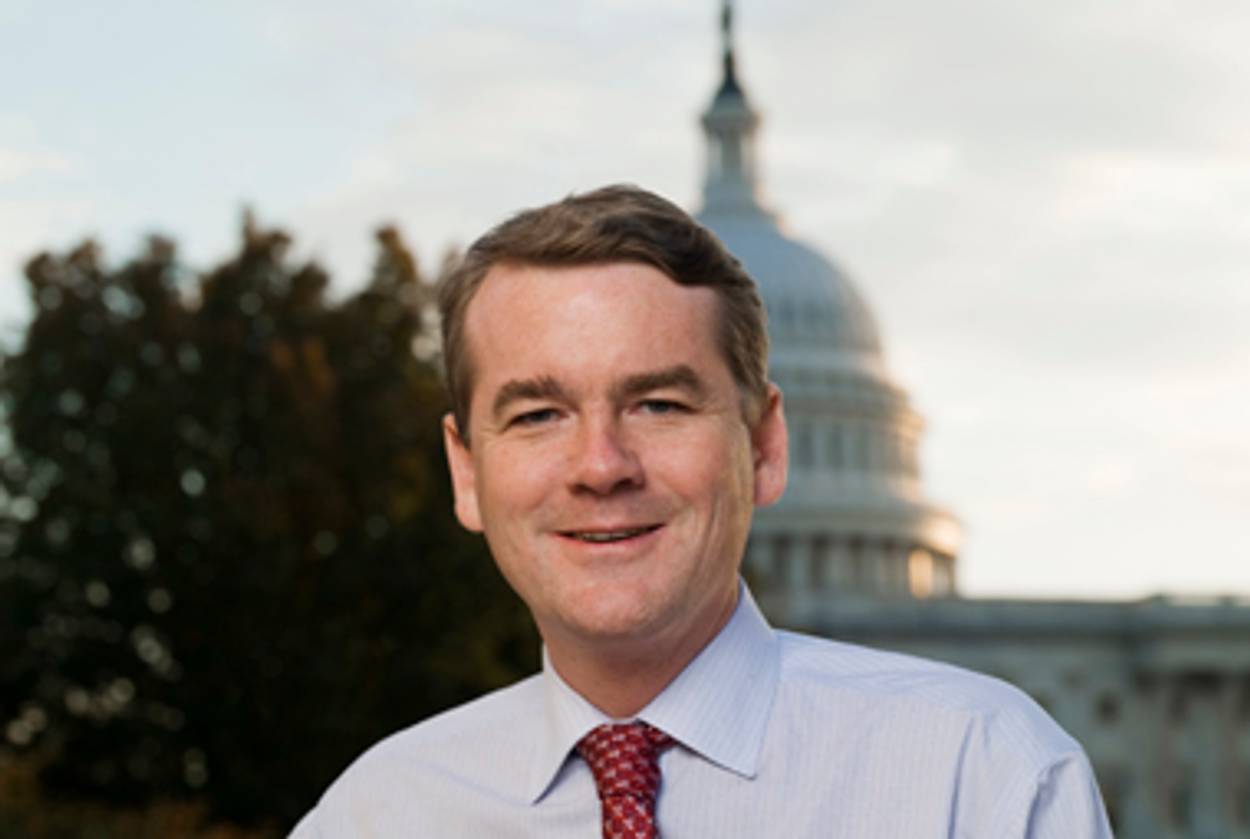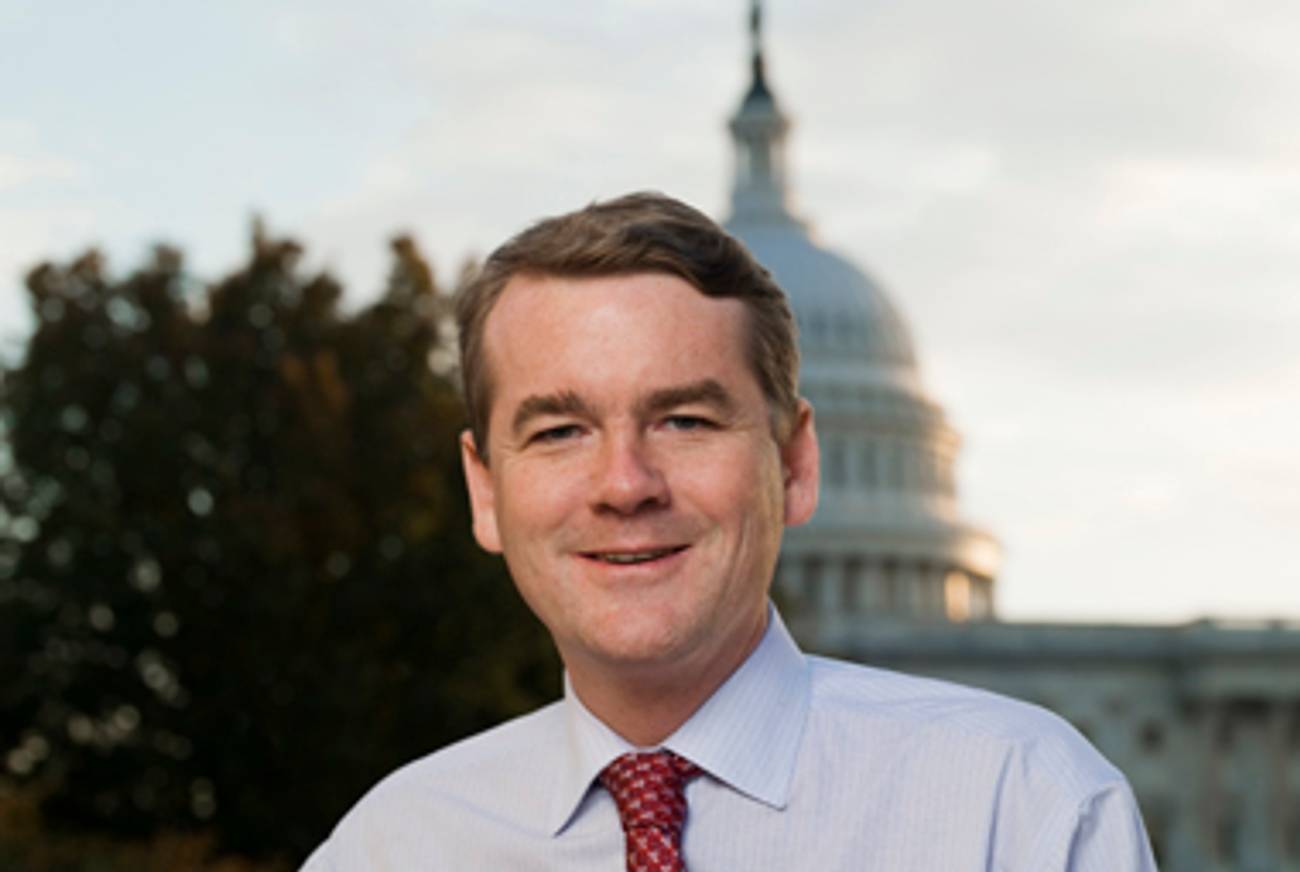Jew Versus Jew
Clinton nod revs up Colorado race




Colorado’s Democratic Senate primary took a turn for the heated yesterday when former President Bill Clinton endorsed Andrew Romanoff, a former state House speaker, over current Sen. Michael Bennet.
The main story is that Clinton, for all his friendliness with the Obama administration, is going against its strongly preferred candidate, Bennet. But The Scroll is interested because this race features two candidates who are both Jewish, albeit in subtly different ways.
Romanoff identifies as Jewish on his Facebook page. By contrast, Bennet—the brother of James Bennet, who is the current Atlantic editor and former New York Times Jerusalem bureau chief—has a Christian father and says he was “raised with two different heritages.” His mother’s side, however, possesses that ultimate token of contemporary Jewish authenticity: His grandparents survived the Warsaw Ghetto.
A spokesperson for the National Jewish Democratic Council told me this morning that her group does not endorse candidates before general elections. “We’re always excited to see Jewish Democrats running for office, but we don’t take a position in any primary,” she said.
Relatedly, in today’s New York Times Matt Bai published an interesting essay on the post-Obama decline of ethnic appeals in politics. “Ethnic politics haven’t vanished, by any means,” Bai reports.
But for others in the new generation of immigrants’ children, the political calculus can be different. Minority candidates who now contemplate winning statewide or in mostly white districts are more apt to emphasize their cultural commonality than they are to recount origins that might seem alien or divisive.
So while Mr. Obama wrote a book about his racial identity before entering politics, he spoke expansively about it only once during his campaign. And even then, his speech in Philadelphia, in response to incendiary remarks made by his pastor, was more an exploration of racial attitudes than it was a personal revelation.
As president, were he to make light of African-American stereotypes or discourse on the black experience, it would probably be so jarring as to inspire a week’s worth of cable-TV clamor and dissection. (The one time he ventured even close to this territory, criticizing the police for arresting the scholar Henry Louis Gates Jr., it overtook his health care agenda for days.)
This shift away from discussing race and ethnicity is not only strategic but also generational, the natural outgrowth of what younger Americans know as political correctness.
Marc Tracy is a staff writer at The New Republic, and was previously a staff writer at Tablet. He tweets @marcatracy.